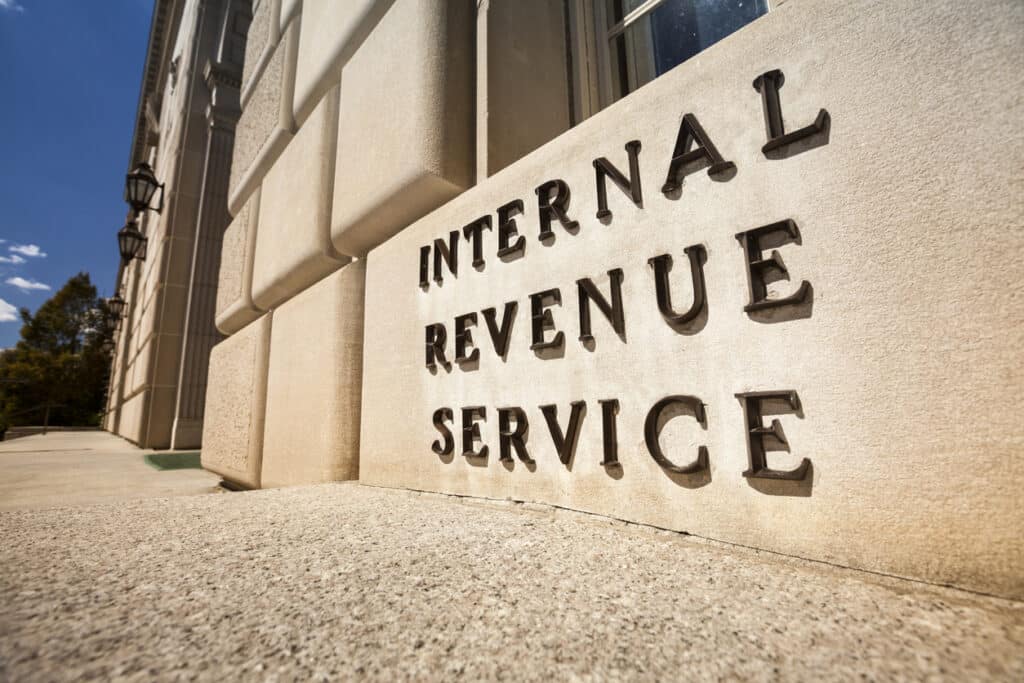On November 10, President Biden announced his intent to nominate Danny Werfel to serve as Commissioner of the Internal Revenue Service (IRS). If confirmed by the Senate, Werfel, who served as the Acting Commissioner of the IRS in 2013 and is currently a consultant at Boston Consulting Group, will oversee an agency with a powerful, but recently problem-plagued, whistleblower program.
In 2019, Werfel shared some of his thoughts on whistleblowing as the host of the Gov Actually podcast. An October 31 episode of the podcast was entitled “The history and importance of whistleblowers.”
“It’s a powerful tool for oversight and rooting out problems,” Werfel said about whistleblowing.
“It just makes sense, not only for the government, but just in any organizational construct, in any societal construct, you want to incentivize people to report bad behavior and have that investigated,” Werfel continued.
Werfel also demonstrated his familiarity with the history of whistleblower laws in the United States, recounting the story behind the nation’s first whistleblower law and explaining how Senator Chuck Grassley (R-IA) revamped the Civil War-era False Claims Act (FCA) in the late 1980s.
Werfel referred to the FCA, which offers monetary awards to whistleblowers, as one area where whistleblowing has been “particularly effective.” He explains that Grassley’s reforms to the FCA “really increased compliance and the ability for the government to track false claims.”
Similar to the FCA, the IRS Whistleblower Program offers monetary awards to qualified whistleblowers who voluntarily provide the government with original information about misconduct. Since the IRS whistleblower award law was revamped by Congress in 2006, with reforms championed by Senator Grassley, the IRS has awarded whistleblowers over $1 billion based on the collection of over $6 billion in back taxes, interest, penalties, and criminal fines and sanctions.
In recent years, however, the IRS Whistleblower Program has been plagued by a number of issues. The program’s 2021 annual report to Congress revealed that the annual total of money recovered by the whistleblower program fell from $1.44 billion in Fiscal Year 2018 to just $245 million in Fiscal Year 2021.
On June 15 2021, Grassley and Senator Ron Wyden (D-OR) introduced the IRS Whistleblower Program Improvement Act of 2021. The bill, which is supported by whistleblower advocacy groups, makes several reforms to the IRS Whistleblower Program in order to improve the program’s operations and better protect whistleblowers who expose tax fraud.
On October 4, Wyden, Chair of the Senate Finance Committee, sent a letter to Treasury Secretary Janet Yellen and current IRS Commissioner Charles Rettig outlining his priorities for the increased funding for the IRS offered by the Inflation Reduction Act.
Among his list of priorities, Wyden notes that “the IRS should develop a more robust whistleblower program. Whistleblowers have delivered a huge return on investment and can serve as effective partners for the federal government to unpack sophisticated schemes used by wealthy taxpayers and large corporations.”
Prior to serving as the Acting Commissioner of the IRS, Werfel served as the Office of Management and Budget (OMB) Controller. For the past nine years he has worked at Boston Consulting Group where he helped launch their U.S. public sector practice.
“I strongly support President Biden’s intent to nominate Daniel Werfel to serve as the next Commissioner of the IRS,” said Secretary of the Treasury Janet Yellen. “Danny’s prior service under both Democratic and Republican administrations, his deep management experience, and his work directing significant transformation efforts, make him uniquely qualified to lead the agency at this critical juncture.”
Further Reading:
President Biden Announces Key Nominee | The White House
Gov Actually Episode 34: The history and importance of whistleblowers – FedScoop
The IRS Whistleblower Program is in Even Worse Shape than We Thought
